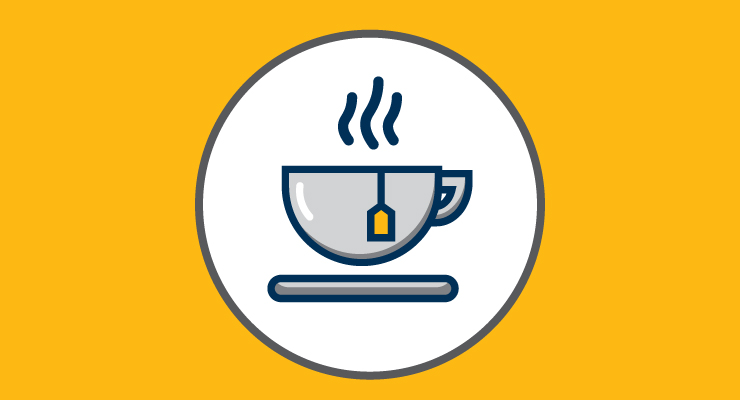(text and background only visible when logged in)

(text and background only visible when logged in)
Healthy sleep habits improve your overall health and your academic performance.
Creating a routine that helps the mind and body wind down at the end of the day in preparation for a good night’s sleep is important for college students. Follow these tips to work towards getting quality sleep each night.
Create a Sleep Schedule
Although this can be difficult for college students, as much as possible, it is important to try to go to bed and wake up at approximately the same time each day, including weekends (sleeping more than 1-2 hours more on the weekend can disrupt your circadian rhythms)
Establish a Regular, Relaxing Bedtime Routine
Relax and unwind before bed by listening to music, reading a book, practicing deep breathing, or finding another calming activity that you enjoy.
Unplug Before Bed
Light from phones, computers and television can affect how your body perceives night and day. The stimulation from watching a show or scrolling through social media when you're in bed can make it more difficult for your body to recognize it's time to rest. Put away or turn off these devices half an hour before you head to bed.
Use your Bed for Sleeping not Studying
Your bed should a place to switch off, relax and recharge – a place your mind associates with sleep and relaxation. If it’s doubling as your study zone you might find it hard to settle in for a good night’s sleep because your body won’t know if it should be winding down for rest or gearing up to hit the books.
Design a Sleep Environment
Create a sleep environment that is dark, quiet, comfortable, and cool.
Exercise Regularly
Being physically active during the day can help you fall asleep more easily at night. Refrain from working out at least 2 hours before you go to sleep so that your body isn’t too energized to relax.
Avoid Caffeine
Don’t consume caffeine within 3-4 hours of bedtime, it will keep you from getting a restful night’s sleep.
Modify Alcohol Consumption
Although alcohol can help you to fall asleep, it disrupts the sleep cycle and will leave you feeling less rested the next day.
Quality Over Quantity
Making sure your body is getting the rest it needs is not just about the hours of sleep you get a night. Though getting the right amount of sleep is important, the quality of the sleep you're getting makes the biggest impact on your performance.